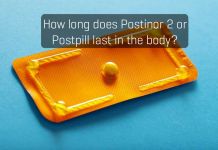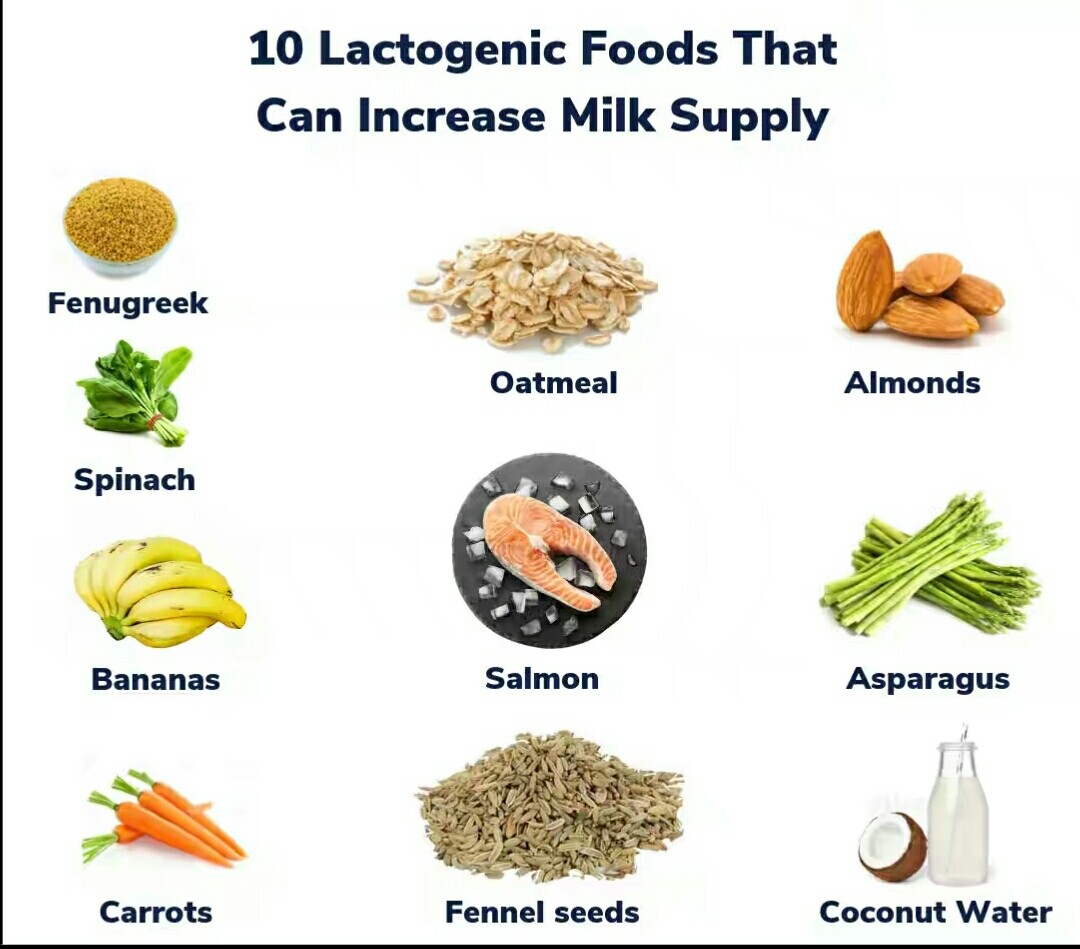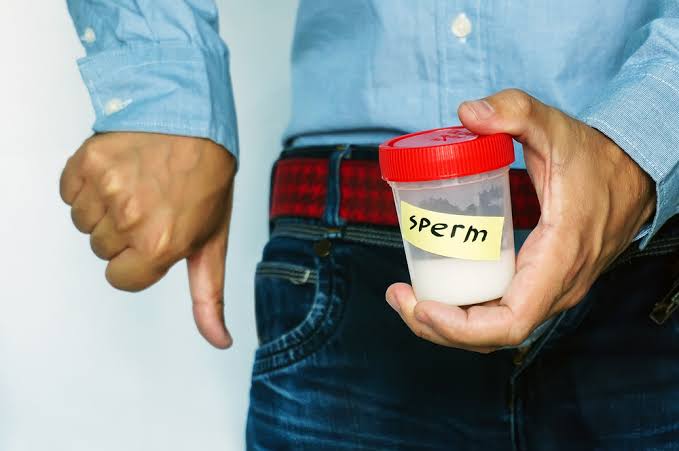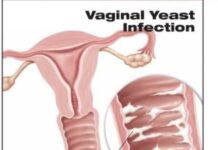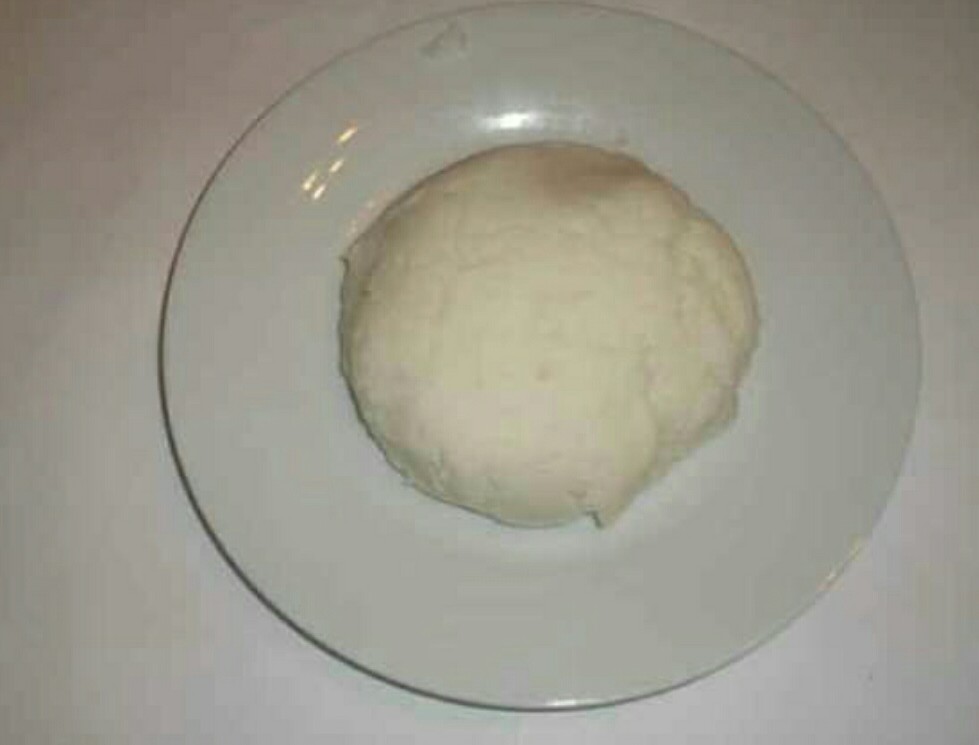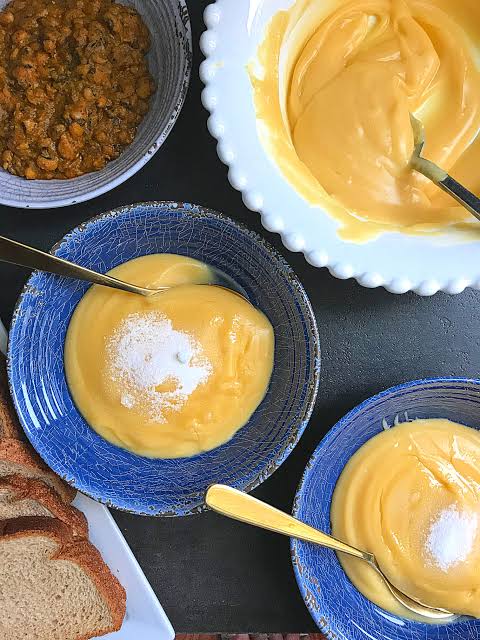Is drinking pap good for a pregnant woman? Benefits of drinking pap during pregnancy…can a pregnant woman drink ogi? Is corn pap good for a pregnant woman? Can a pregnant woman drink akamu? Is pap and milk good for pregnant woman?
What are Benefits of Drinking Pap during Pregnancy?
Pregnancy is one period in the life of a woman that needs to be treated with utmost care. This care includes care for yourself and your baby. What you eat is one thing a pregnant woman should look out for, as what you eat directly affects your baby. Foods rich in vitamins, folic acid, iron, calcium, iron etc. are of paramount importance during this period.

Pap is a good source of these nutrients. It is known as Akamu by the Easterners, and Ogi by the Westerners. Made from maize, sorghum or millet, pap contains nutrients and antioxidants that are beneficial to health. It is a rich source of folate (folic acid). Folic acid is an essential nutrient required by an expectant mother. It helps promote the health of both the mother and the baby.
Deficiency of folic acid during pregnancy can cause complications for both mother and baby. It can lead to neural tube defects. Drinking pap during pregnancy helps prevent these complications.
Continue reading to know more benefits of pap during pregnancy.
Benefits of Drinking Pap During Pregnancy
Apart from the fact that pap is loaded with nutritional values that provides health benefits such as promotion of kidney health, regulation of blood pressure and blood sugar, it will interest you to know that pap can also provides the following benefits to a pregnant woman:
1. Boosts Energy:
Pap is a good source of carbohydrate and contains calories in sufficient amount. A serving of pap contains 152 calories. This can help keep a pregnant woman energized throughout the day, especially when consumed as breakfast. It’s best served as a balanced diet, and can be eaten along side akara (bean cake), moin moin (bean pudding), bean porridge.
2. Controls Weight Gain:
During Pregnancy, a woman gains weight, and if not controlled, can increase the chances of having diseases like obesity and gestational diabetes. Drinking Pap during pregnancy can help with control of weight. Pap contains water in high amount that can help give a feeling of satiety for a longer time; thus, prevent over eating.
3. Prevents Underweight Babies:
As stated above, corn pap is a rich source of folic acid. It contains a high amount of folate that can help keep a mother and her baby healthy. It helps you have a healthy pregnancy and prevents your baby from being underweight.
4. Provides Significant Weight Gain:
Pap and milk is a good source of carbohydrate, and contains moderate amount of calories. Drinking pap and milk during pregnancy can lead to significant weight gain for an expectant mother. It can as well prevent underweight babies. Please note that addition of sweeteners (sugar, milk, soyabeans and the likes) should be in moderate amounts.
5. Prevents Neural Tube Defects:
Neural tube defects, and other birth irregularities can be prevented when you drink pap during pregnancy. Pap contains a natural form of folic acid- folate in high amounts that can help prevent neural tube defects. You get to give birth to a healthy baby.
6. Easily Digestible:
Pap is easily digestible, and as such recommended as a diet during pregnancy. Due to its fine texture, it exerts little stress on the digestive system.
7. Replenishes Lost Fluids:
Nausea and Vomiting are common during pregnancy, particularly the first trimester. However, drinking pap during this period can help replenish fluids lost through vomiting. Pap contains a high amount of water that replaces these fluids.
More so, even after childbirth, pap is good for lactating mothers. It helps with breast milk flow and production for nursing mothers.
Conclusion
Now that you know pap is loaded with nutrients that provide enormous health benefits to pregnant women, and not just a common meal; please, endeavour to spread the word in your homes, neighbourhood, and communities. Pap/akamu/ogi is very good for pregnant women.
This article is the intellectual property of www.nimedhealth.com.ng




